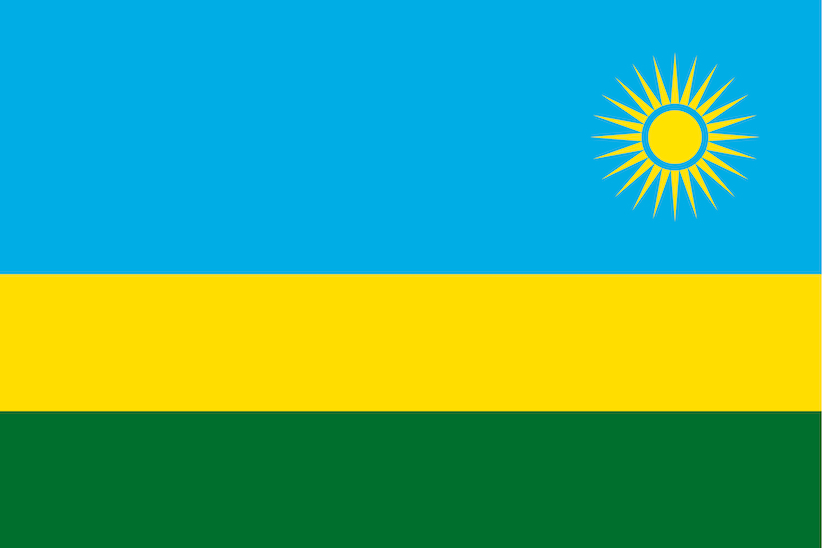In 2020, Ciheb was tasked by the Rwanda Ministry of Health and CDC Rwanda to provide support to help adapt HIV services in the context of COVID-19. The goal was to ensure those infected with HIV continued to get antiretroviral treatment and develop protective measures to keep people safe at health facilities. In response, Ciheb developed guidelines and standard operating procedures (SOPs) to be followed at Rwandan healthcare facilities treating HIV patients. The SOPs provided step-by-step guidance to providers, including screening procedures for nurses to prioritize symptomatic patients and quickly isolate them.
Projects
Addressed HIV in Young Women and Children. Ciheb, funded by UNICEF, worked in Rwanda to lower maternal-to-child transmission of HIV, eliminate new pediatric HIV infections, and improve maternal, newborn, and child health and survival in the context of HIV. The interventions focused on pregnant and breastfeeding mothers, including adolescent mothers and their babies.
Ciheb scaled up a CQI strategy to improve index testing, partner notification services, and family testing within antenatal care. Ciheb also utilized a web-based CQI app for tracking CQI progress and gaps to ensure course correction that had been developed by Rwanda's sister team in Tanzania. The use of the CQI app is in line with UNICEF’s data-driven programming.
The initiative supported the Rwanda Strategic Plan for HIV, whose goals included lowering maternal-to-child transmission of HIV and ending the AIDS epidemic by 2030. The project was similarly in line with the global agenda to eliminate new pediatric HIV infections and improve maternal, newborn, and child health and survival in the context of HIV.
Continuous Quality Improvement

Rwanda
Implementing CQI programs in Rwanda
Previous Projects
Imakaza Project
Imakaza Project. In 2017, Ciheb Rwanda launched the PEPFAR-funded Imakaza Project (i’makaza in the local language of Kinyarwanda means “to sustain”). Formally titled "Enhancing Sustainable and Integrated Health, Strategic Information and Laboratory Systems for Quality Comprehensive HIV Services through Technical Assistance," Imakaza is institutionalizing national, provincial, and district HIV oversight and delivery systems to provide high-quality HIV service delivery. The initiative is focused on meeting the goals of universal access to treatment and long-term epidemic control in the context of dynamic evidence-driven programming.
In the past year, the Imakaza project has supported the Rwanda Ministry of Health across several initiatives, including:
- Updating the National Guidelines for Prevention and Management of HIV.
- Developing HIV e-learning training materials to be used for healthcare providers in antiretroviral clinics across the country.
- Developing clinical mentorship guidelines incorporating continuous quality improvement (CQI).
- Building a laboratory information management system to strengthen the capacity and quality of the country’s laboratory network to support HIV diagnosis, prevention, care, and treatment; disease monitoring; and surveillance.
- Piloting an HIV integrated care model in an outpatient department.
In the next year, Imakaza will be phasing out and transitioning project activities to the Ministry of Health. Imakaza will be focusing on supporting the National Reference Lab to improve capacities in systems to aid healthcare providers in utilizing e-lab systems to improve patient outcomes. It will also support the scale up of a CQI strategy to improve patient outcomes.

